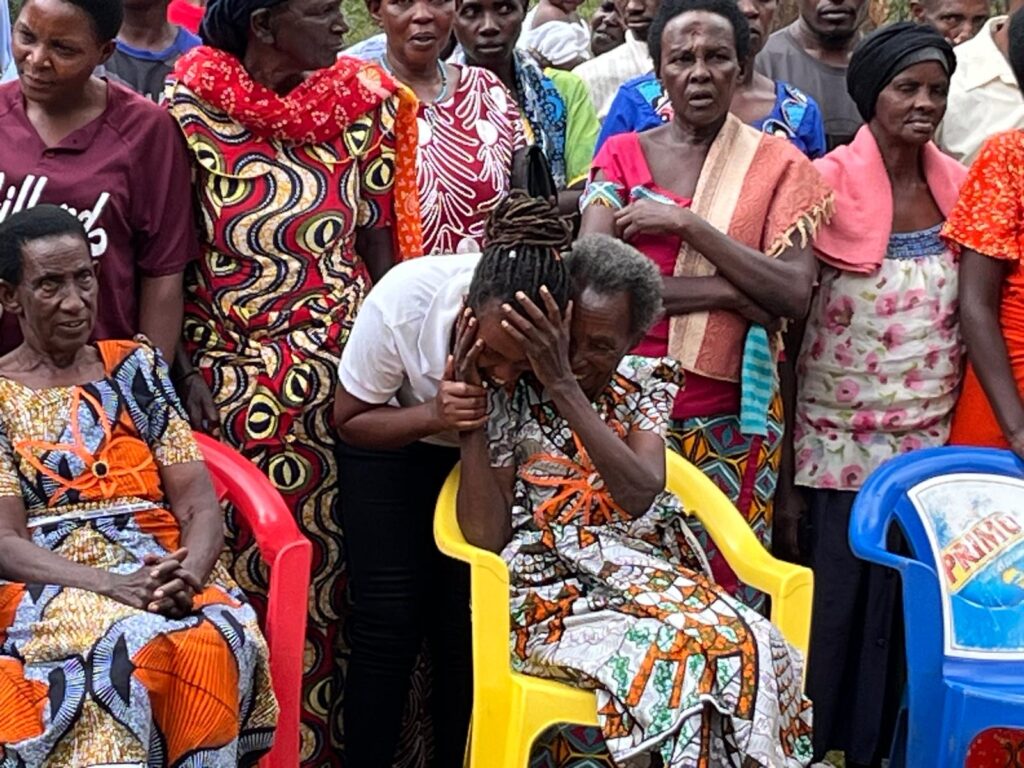The only normal people are the ones you don’t know very well.
An Austrian psychologist called Dr Alfred Adler made that observation in the early 20th century. It deserves a wider audience because so many unhappy people would benefit from knowing they are not unique or alone in their unhappiness.
World Mental Health Day
October 10th is World Mental Health Day. This year, its theme is mental health in the workplace. Network for Africa is saluting our dedicated teams of counsellors who work tirelessly to support people in their community facing mental health challenges. These challenges are the result of witnessing or directly experiencing violence in conflict, including genocide.

Whatever our counsellors’ theoretical hours of work might be, in practice, they are on call twenty-four hours a day. They face all the usual difficulties encountered when trying to function efficiently in a poor country with few resources, inadequate infrastructure, and traditional cultural barriers to understanding trauma and depression.
But our counsellors also face an extra impediment: it is highly likely that they too have endured the very trauma they are treating. They are truly part of the community they serve, and when a female client recalls being gang raped by drugged-up members of a militia, her words may unearth horrific memories for the counsellor. When a male client describes his powerlessness and fear, watching his home and livestock destroyed by soldiers, his counsellor may very well have been in the same situation.
Well-Being and Self Care
For all these reasons, we try to make sure our African partners (BNUU, Conforti and SURF) take care of their own well-being. Burn out could occur so easily, with a seemingly limitless number of traumatized survivors of conflict flocking to our counselling sessions. “If you build it, they will come,” was a line made famous by the film Field of Dreams. And if you offer real, in depth, ongoing counselling – rather than the quick-fix, tick-the-box, one-week sessions provided by some of the big NGOs – people will come from miles around. They learn by word-of-mouth that our partners are offering ways to manage harmful memories and rebuild their lives. Through regular group and individual counselling sessions, survivors can find a permanent route toward the light.
Network for Africa is proud of the lasting impact that our teams of counsellors have on the communities where they live and work. Yet, we are also taking steps to support our counsellors on the front line with awareness-raising about self-care, with specialist training, and even with away days, when we can afford to offer them.
Thank you to everyone who has helped us to make this possible. And thank you to our incredible local partners. Please visit our donation page to help us to continue this important work.